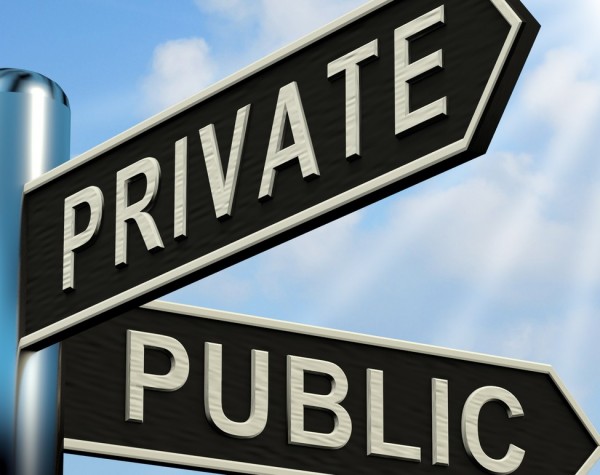Public-private collaboration could help protect government systems from cyber threats

More than 80 percent of government cyber security leaders think public-private collaboration would help them keep pace with cyber threats, according to a new report.
The study from Nominet of government agencies in the UK, US and the Middle East, also shows that 65 percent of respondents think their pace of change is too slow in comparison to enterprises and 81 percent believe that a slow pace of change can negatively impact national cyber defense.
99 percent of respondents say they could learn about innovation from tech and private sector companies and only 22 percent say that they are more cyber secure than most private-sector entities.
"The appetite for more collaboration between the private and public sector across US, UK and Middle Eastern governments is a great testament to the results already achieved by these sorts of projects," says David Carroll, MD of Nominet NTX. "Take Active Cyber Defence and the Cyber Security Information Sharing Partnership (CiSP) in the UK to name a couple. It does beg the question, however, of 'what more should we be doing?' If those within government are still keen to move the needle and they feel that industry can help them, we need to be doing more to facilitate an environment where this can take place."
The research also looks at some of the government sector's greatest cyber security concerns and how respondents would like to see these addressed. 45 percent say phishing poses the biggest risk to government cyber defense overall.
The highest ranked risk specifically for 2020 is, unsurprisingly, remote working (34 percent). Three quarters of respondents feel their agency is more susceptible to cyberattack when the workforce is working remotely.
Election interference is a big concern for government, with 71 percent believing the outcome of elections could be impacted by cyber threats in 2020. The top two election security-related concerns are fake news/dissemination of misinformation (44 percent) and a lack of trust in the democratic process (30 percent).
"While you might have expected governments to have very specific, nation-state related concerns, its highest priorities are also the most common threats facing the enterprise sector," adds Carroll. "Phishing attacks are almost 30 percentage points above the next greatest threat, much-publicized ransomware attacks (16 percent), and state-sponsored actors ranked even lower (14 percent). Government security professional's desire for layered defense suggests that they want a solution for the most common threats such as phishing, what we would call cyber hygiene, so they can focus on the less common but more specific and dangerous attacks."
The full report is available on the Nominet site.
Photo Credit: Stuart Miles/Shutterstock